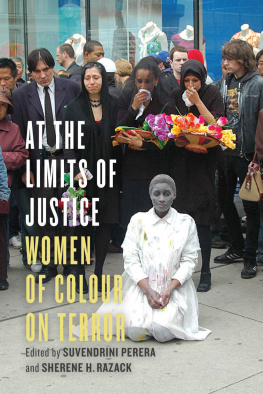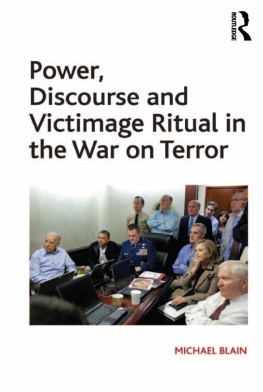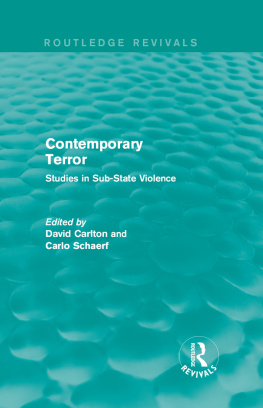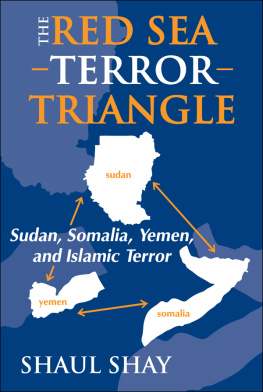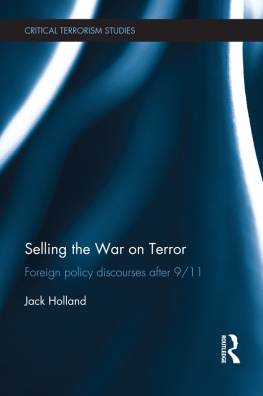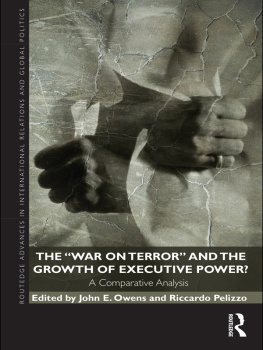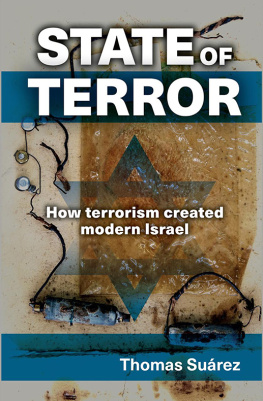The fear and violence that followed the events of September 11, 2001, touched lives all around the world, even in places that few would immediately associate with the global War on Terror. In At the Limits of Justice, thirty contributors from six countries explore the proximity of terror in their own lives and in places ranging from Canada and the United States to Jamaica, Palestine/Israel, Australia, Guyana, Chile, Pakistan, and across the African continent.
In this collection, female scholars of colour including leading theorists on issues of indigeneity, race, and feminism examine the political, social, and personal repercussions of the war on terror through contributions that range from testimony and poetry to scholarly analysis. Inspired by both the personal and the global impact of this violence within the War on Terror, they expose the way in which the war on terror is presented as a distant and foreign issue at the same time that it is deeply present in the lives of women and others all around the world.
An impassioned but rigorous examination of issues of race and gender in contemporary politics, At the Limits of Justice is also a call to create moral communities that will find terror and violence unacceptable.
SUVENDRINI PERERA is a professor in the Department of Communication and Cultural Studies at Curtin University.
SHERENE H. RAZACK is a professor in the Department of Social Justice Education at the Ontario Institute for Studies in Education, University of Toronto.
At the Limits of Justice
Women of Colour on Terror
EDITED BY SUVENDRINI PERERA AND SHERENE H. RAZACK
UNIVERSITY OF TORONTO PRESS
Toronto Buffalo London
University of Toronto Press 2014
Toronto Buffalo London
www.utppublishing.com
Printed in the U.S.A.
ISBN 978-1-4426-4825-8 (cloth)
ISBN 978-1-4426-2600-3 (paper)

Printed on acid-free, 100% post-consumer recycled paper with vegetable-based inks.
Library and Archives Canada Cataloguing in Publication
At the limits of justice : women of colour on terror / edited by Suvendrini Perera and Sherene H. Razack.
Includes bibliographical references and index.
ISBN 978-1-4426-4825-8 (bound). ISBN 978-1-4426-2600-3 (pbk.)
1. Terrorism Social aspects. 2. Violence Social aspects. I. Perera, Suvendrini, editor II. Razack, Sherene, editor
HV6431.A8 2014 303.6'25 C2014-902892-X
This book has been published with the help of a grant from the Federation for the Humanities and Social Sciences, through the Awards to Scholarly Publications Program, using funds provided by the Social Sciences and Humanities Research Council of Canada.
University of Toronto Press acknowledges the financial assistance to its publishing program of the Canada Council for the Arts and the Ontario Arts Council, an agency of the Government of Ontario.

University of Toronto Press acknowledges the financial support of the Government of Canada through the Canada Book Fund for its publishing activities.
Contents
SUVENDRINI PERERA AND SHERENE H. RAZACK
LAURA KWAK
ROBINA THOMAS
NADERA SHALHOUB-KEVORKIAN
SHERENE H. RAZACK
SUNAINA MAIRA
ANDREA SMITH
ROSHAN JAHANGEER AND SHAIRA VADASARIA
AMINA JAMAL
INDERPAL GREWAL
NADINE NABER
MEYDA YEENOLU
KENDRA-ANN PITT
MERLINDA BOBIS
HONOR FORD-SMITH
D. ALISSA TROTZ
TERESA MACIAS
GULZAR R. CHARANIA
NICOLE WATSON
SEDEF ARAT-KO
MALINDA S. SMITH
MIRIAM TICKTIN
HENA TYYEBI
ANNA M. AGATHANGELOU
SUVENDRINI PERERA
SUNERA THOBANI
NASHWA SALEM
ASMA ABBAS
DENISE FERREIRA DA SILVA
OMEIMA SUKKARIEH
OMEIMA SUKKARIEH
Acknowledgments
The editors would like to thank the Social Sciences and Humanities Research Council and the Researchers and Academics of Color for Equality (RACE) network for grants to fund the workshop for which the papers in this collection were prepared. We would like to thank Nashwa Salem for her extraordinary research and organizing contributions to the workshop and to the preparation of the manuscript for publication. Without her deep commitment to the ideas of the project and her capacity to research and organize, the workshop would not have been the success that it was. Sherene Razack thanks the Ontario Institute for Studies in Education of the University of Toronto, and Suvendrini Perera thanks the School of Media, Culture, and Creative Arts at Curtin University for institutional resources in support of the workshop and the book. We would like to thank the following for permission to reproduce parts of previously published materials:
Anna M. Agathangelou. Anxieties of Global Empire: Politics of Visibility Epistemologies and Terror. In Knowing Al-Qaeda: The Epistemology of Terrorism, ed. Christina Hellmich and Andreas Behnke. 2956. Burlington: Ashgate, 2010.
Denise Ferreira da Silva. To Be Announced: Radical Praxis or Knowing (at) the Limits of Justice. Social Text 31(1) (2013): 4362.
Inderpal Grewal, Outsourcing Patriarchy: Feminist Encounters, Transnational Mediations, and the Crime of Honour Killings. International Feminist Journal of Politics 15(1) (2013): 119.
Teresa Macias. Tortured Bodies: The Biopolitics of Torture and Truth in Chile. International Journal of Human Rights 17(1) (2013): 11332.
Malinda S. Smith, ed. Securing Africa: Post-9/11 Discourses on Terrorism. Burlington: Ashgate, 2010.
Omeima Sukkarieh. Mori Cards: The Body Bags Installation. Somatechnics 1(1) (2011): 1347.
Omeima Sukkarieh. Unsewing My Lips, Breathing My Voice: The Spoken and Unspoken Truth of Transnational Violence. Somatechnics 1(1) (2011): 12433.
Nicole Watson. The Northern Territory Emergency Response Has it Really Improved the Lives of Aboriginal Women and Children? Australian Feminist Law Journal 35 (2011): 14763.
AT THE LIMITS OF JUSTICE
Women of Colour on Terror
Introduction. At the Limits of Justice: Women of Colour Theorize Terror
SUVENDRINI PERERA AND SHERENE H. RAZACK
This anthology began in response to a documentary aired in Britain on Channel 4 that showed shocking and in our experience unprecedented levels of terror against civilians. The images had been recorded as trophy shots and battlefield memorabilia by the victors in the final battle between the Sri Lankan state and the separatist Liberation Tigers of Tamil Eelam (LTTE). In the wake of that documentary, we, as academics in the global North, began to ask a series of questions about how to respond to such scenes of horror, especially when international institutions and our own governments were silent. This official silence was all the more striking because it contrasted so strongly with the pervasive discourses and representations of violence of the global War on Terror. Terror seemed to be both nowhere and all around us. To examine these issues with a range of scholars sharing similar concerns, we organized a workshop in Toronto, Canada, titled Violence in a Far Country: Women Scholars of Colour Theorize Terror. This volume is the outcome of that workshop.

